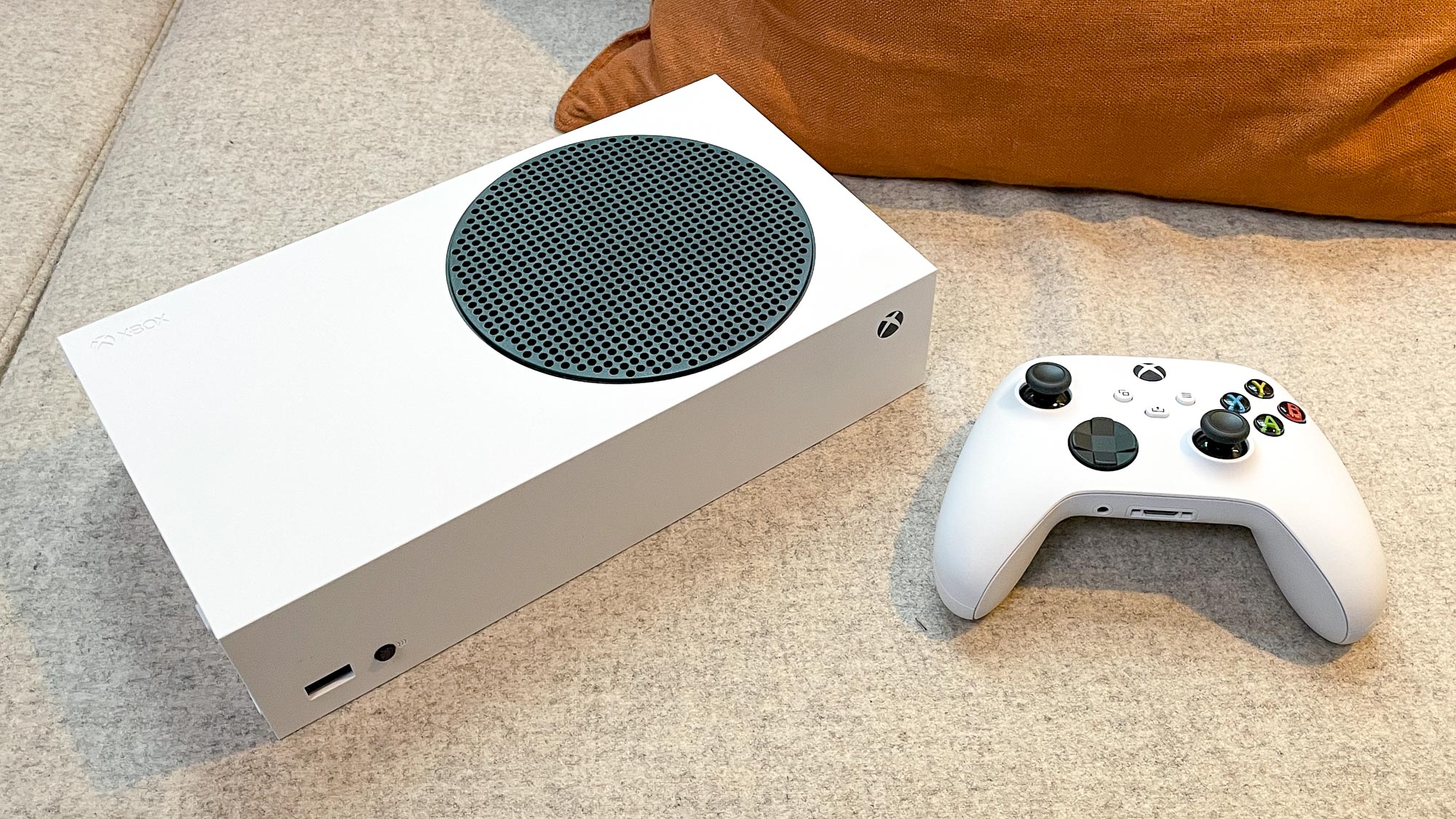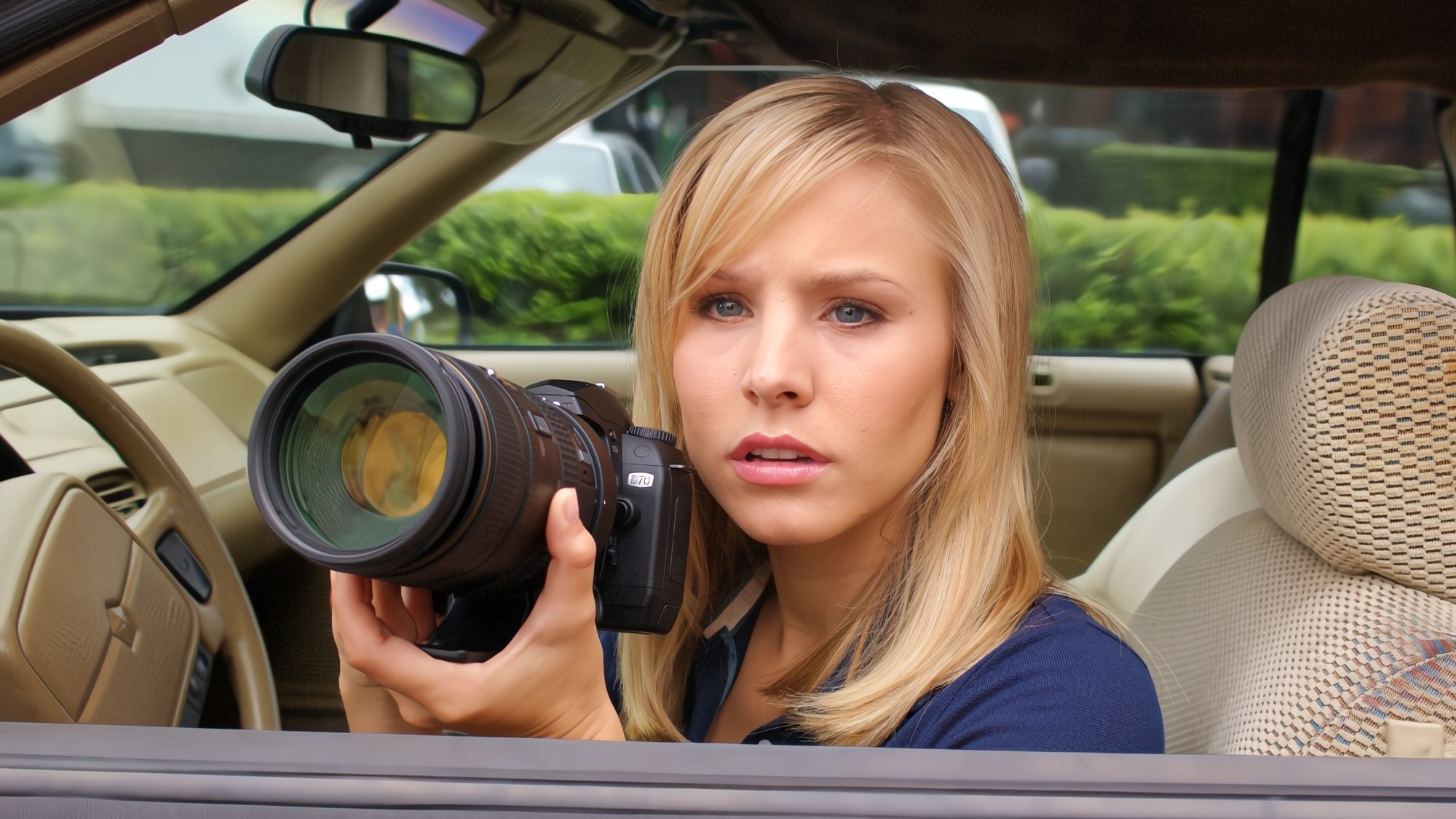Xbox Series S may get the ability to play games on disc — here’s how
Microsoft could let gamers convert games on disc into digital downloads

The Xbox Series S is cheaper than the larger Xbox Series X, but that saving comes at a cost. Not only is the console less powerful, it also lacks the ability to use discs. The digital-only model seriously limits where you can buy your games, but a new patent could see that change.
As spotted by GameRant, Microsoft has filed a patent that would let people be able to validate the ownership of a physical game. Once done players would gain access to a digital version of the game. If applied to current generation consoles, this would let Series S owners buy and play physical games.
The patent also mentions that this drive could solve one particular challenge relating to backwards compatibility. Series S owners are currently unable to port their existing collection of physical games to the console, a problem the Xbox Series X doesn’t share. So by offering this disc-to-digital system, Series S owners could enjoy all their old games digitally, without having to buy them a second time.
In theory, this sort of system might also benefit Xbox Series X owners as well. Players might be able to gain the benefits of owning a physical disc, rather than a digital licence, but without having to swap them out every time you want to play a new game.
There are still a few unknowns. My main concern is what sort of small print this process might involve. For instance, if you verify a disc and convert it into a digital copy, does the digital copy belong to you in perpetuity or is it a one-time transaction?
Say, for instance, you have to delete some games to free up storage space — a very real possibility with the Series S’s 512GB SSD. Can you re-download your converted titles again whenever you see fit, or will you have to go through the verification process a second time? This is something people would have to know, in case they ever decide to dispose of their older discs.
We also need to know whether a single disc can be authenticated more than once — because it could make purchasing pre-owned discs a pretty risky endeavor. Microsoft did announce plans to crack down on the pre-owned game market back in 2013, after all, in the run up to the launch of the Xbox One.
Get instant access to breaking news, the hottest reviews, great deals and helpful tips.
Once a game was installed, the Xbox One's system was designed to let gamers play their games without a disc — but at the cost of being able to freely trade and sell their games without going through Microsoft-approved channels. Mass outcry from fans, and come casual trolling from PlayStation, meant these plans were quickly scrapped. It may have been nine years since that backlash, but it’s unlikely player attitudes have changed that much.
It’s also not clear whether this system would require you to buy a stand-alone disc drive, or if any Xbox console capable of reading a disc could be used to verify the game. An Xbox One can read discs from across all four Xbox generations, after all.
Personally I like this idea, provided Microsoft implements it properly. I still prefer to buy games on disc, which offers better flexibility on where I buy and how much I pay. But I can admit that swapping out discs can be kind of a pain, and the option to convert them to digital titles is quite appealing.
Games take up the same space on the SSD, no matter how you got them. But that conversion shouldn’t compromise the functionality of the physical copy in the process. Microsoft tried that once, and trying it again would only prove to ruin the goodwill its accumulated over the past several years.
But at the moment this sort of discussion is purely hypothetical. A patent application is not a product announcement, so there’s no guarantee that Microsoft will roll out a new kind of disc-to-digital conversion system. We’re just going to have to sit tight and see what happens.
Read next: The PS5 may get an external disc drive too, and that prospect has us a little worried

Tom is the Tom's Guide's UK Phones Editor, tackling the latest smartphone news and vocally expressing his opinions about upcoming features or changes. It's long way from his days as editor of Gizmodo UK, when pretty much everything was on the table. He’s usually found trying to squeeze another giant Lego set onto the shelf, draining very large cups of coffee, or complaining about how terrible his Smart TV is.
 Club Benefits
Club Benefits





